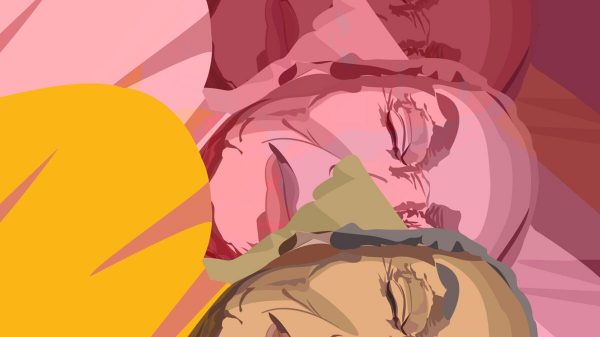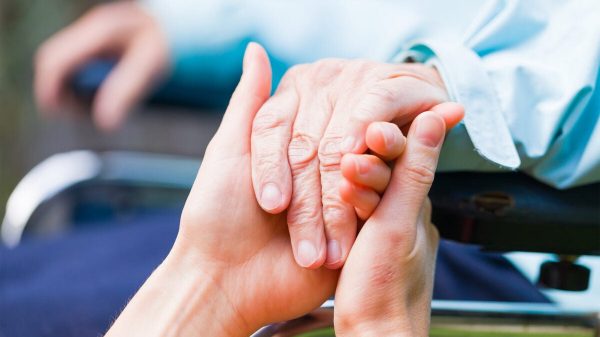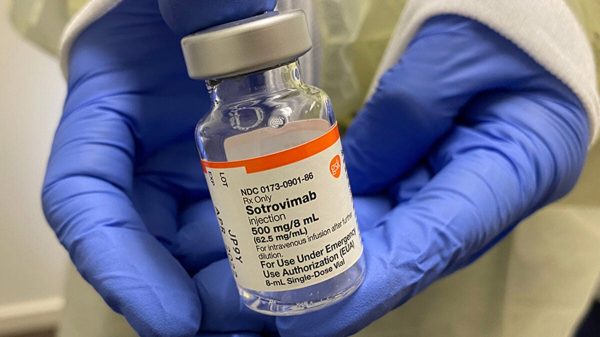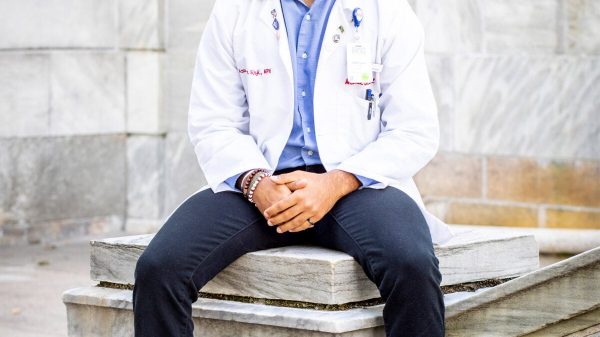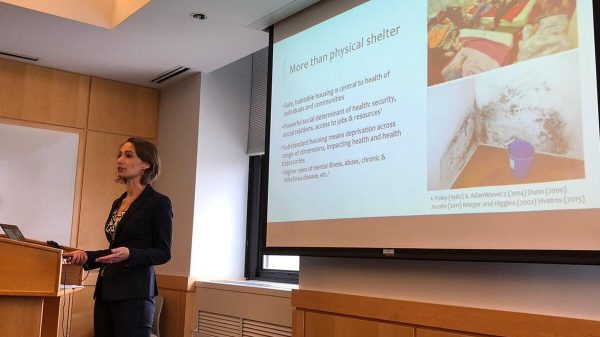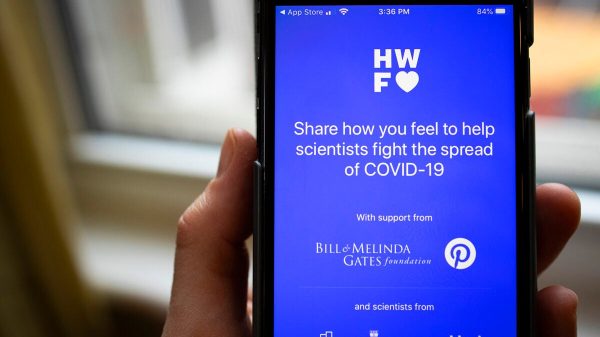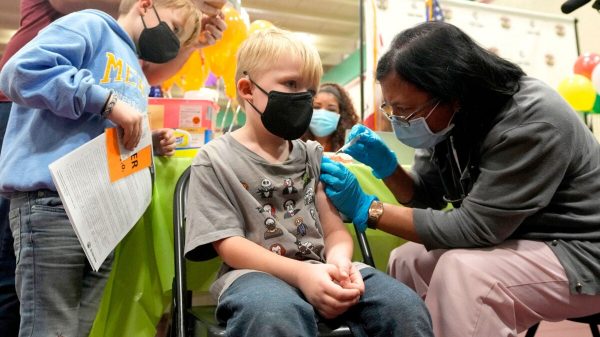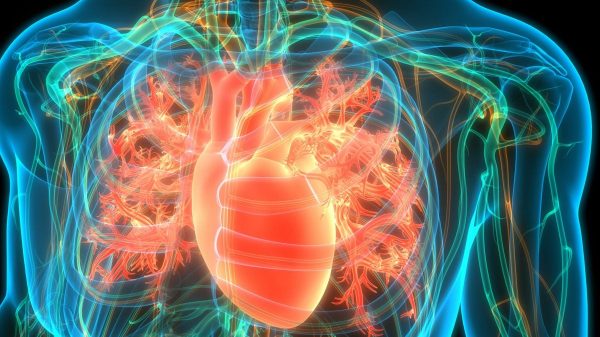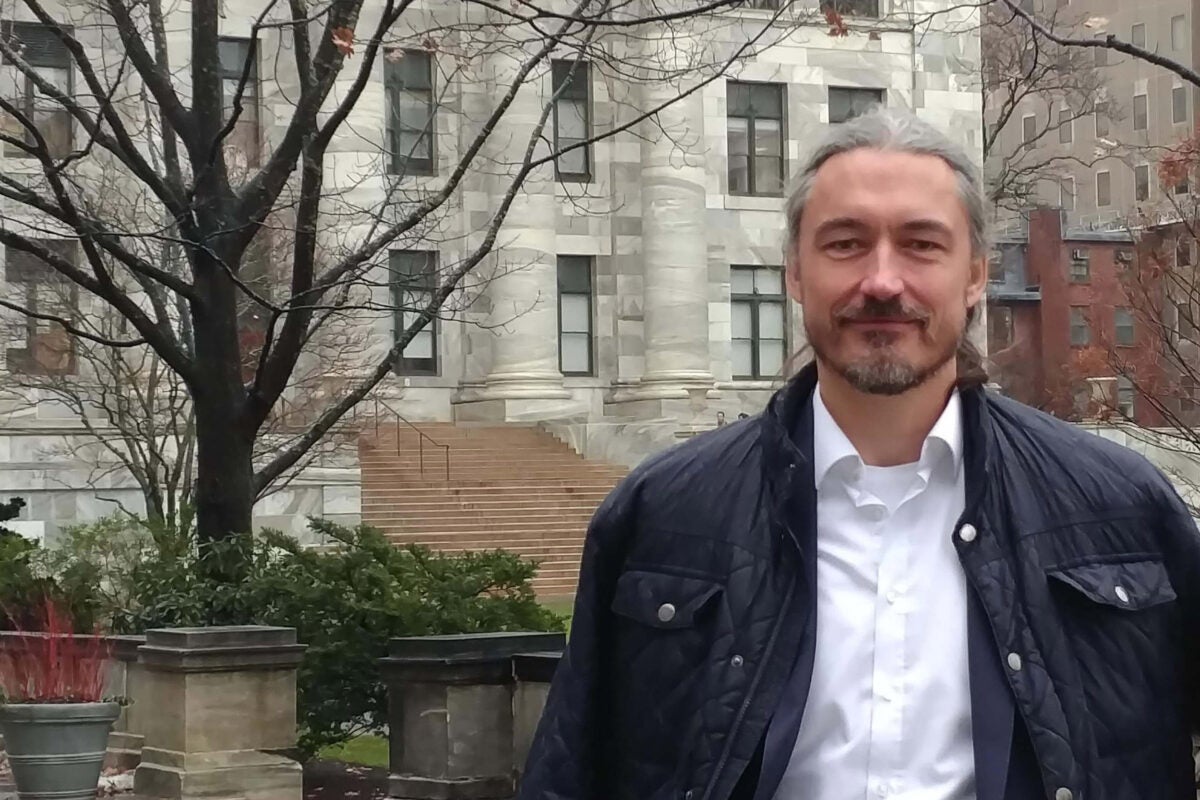Nobody was prepared for 2020, but a public talk on collective trauma in December 2019 was prescient. At Harvard Medical School’s live-streamed “Talk@12,” Bala Subramaniam, Ellison “Jeep” Pierce Associate Professor of Anesthesia, engaged in a conversation with Thomas Hübl, author and founder of the nonprofit The Pocket Project, which educates the public on the impact of collective traumas and trains professionals to facilitate events focused on healing. For the past 18 years, Hübl has helped hundreds of thousands of people spark dialogue and work toward restoring some of humanity’s worst transgressions. Since April, Hübl has been offering workshops to Harvard faculty and staff to help them meet the challenges of the COVID-19 pandemic. The next three-part series, “Mindfulness in Action: Leading & Communicating During Challenging Times,” offered through the Harvard Longwood Campus Office of Employee Development & Wellness, will begin on Jan. 26, 2021.
Q&A
Thomas Hübl
GAZETTE: Most of us would agree we are currently living in a time of collective trauma. What are your thoughts on how we should be thinking about what we are facing?
HÜBL: First I’d love to talk about collective trauma as traumatic events that a bigger part of a population, a nation, or the world, goes through collectively. This results in individual traumatizations or difficulties, but also, there is a shared cultural space, I believe, that we need to take into account. So often trauma is seen as a personal issue, and now we are talking about the collective or systemic dimensions. There are two phenomena: a very stressful current situation, like COVID-19, or the climate crisis, which is already intensifying. But these events meet in all of our shared history, which I refer to as the unintegrated parts of our shared past. That shared past is, in a way, like the sand in the engine in how we respond to the current crisis. I believe when we talk about collective trauma, we’re usually talking about the root causes that lead up to the current crises and the way we respond to a current crisis. They’re entangled.
GAZETTE: What are the effects of all these interconnected traumas on people?
HÜBL: When we look at a trauma there are two major sets of symptoms: One is hyperactivity, which comes with a tremendous amount of stress and reactivity, and the other one is numbness and indifference. So trauma comes with the underlying sense that we are separate, at least at times. And the more stress, which comes with two or three adversities in the system, the more trauma becomes intensified.
Integrated history is presence and unintegrated history is the past. When I refer to the past in this way, I mean the emotions, thoughts, and body sensations that overshadow my current experience. So how can we together create environments that help us to be truly present and relate more meaningfully to support our mutual past so it can become integrated into the present?
GAZETTE: I met you in 2017 when you came to speak at the MIT Innovation Center in Boston. You said then, “The Holocaust sits in the room with us right now.” And I couldn’t really say I heard that before or could really understand exactly how it sat, but I felt the truth in that. I wonder if you could say more.
HÜBL: I often say trauma is taking a loan from our own future. This means when I’m in traumatic situations, I’m so overwhelmed that I numb a part of myself to survive. So the trauma response is a very intelligent function within us, within our nervous systems, but there is a price. We need to pay back that debt along with interest, so to speak. In the last decades, the notion of trauma has become public knowledge, but it’s also important to learn about the attachment stress that hasn’t been integrated in children who have been neglected or abused. That adversity is still living deep in their bodies as adults. We just don’t know about it because it became so normal. So I might say “That’s me.” But it’s not me. That’s me in a hurt place. It’s very important to name it.
The same is true for millions of people who were in concentration camps and needed to dissociate. Some of the atrocities I’ve heard that people have survived are heartbreaking and unbelievable. People can survive those situations only heavily dissociated. But all that suppressed and fragmented information doesn’t disappear, and I think we are seeing more and more the transgenerational transmission of trauma.
In my work over the past 18 years, I’ve seen that whenever we touch the collective denial in a group and we meet the collective unconscious, so to speak, everyone in the room can sense this in their bodies and in the stress present in the room. After, we have seen the denial turn into a kind of release. I’ve observed that this form of denial can live in our nervous systems 24/7. We just aren’t aware of this because the focus of our consciousness is somewhere else.
GAZETTE: You said one of the symptoms of collective trauma is a chronic level of dissociation or numbness. Can you speak more about this?
HÜBL: First, it starts with honoring and respecting the function of dissociation and an appreciation of the capacity of the nervous system to dissociate from overwhelming experiences. Dissociation and overwhelm for a 2-month-old baby are completely different than for a 30-year-old. I think it’s very important that we don’t measure overwhelm just by what’s overwhelming to us. Overwhelm has many different flavors.
For example, when I read the news, how much can I really take in? I think that more often than not, we see things like wars or racist actions and it’s so hard to stay with it and feel what it means, what’s happening to the person, what’s happening in our society. So we might decide it’s better to be absent and only cognitively informed, rather than allowing ourselves to truly feel.
GAZETTE: In your book “Healing Collective Trauma: A Process for Integrating Our Intergenerational and Cultural Wounds,” you discuss the process that you do with groups. How does it work?
HÜBL: The process works on the principle that individual or systemic coherence is the power to integrate the fragmentation of the system. And sometimes the system doesn’t have enough inner coherence. So then we need to build this through group processes. And we need to supplement — just as a trauma therapist might do for a client — the missing element. We need an infusion of coherence into the group to integrate with the traumatization, which can lead to inner stability and structure, and help them develop a more fluid way to respond to the world. We have had many groups that focused on the Second World War and the Holocaust legacy in Germany and Israel. And then we expanded the topics to include colonialism, gender traumatization, racism in the U.S., and others.
GAZETTE: What kind of enthusiasm and perspective does one need to engage in such a challenging and heavy topic?
HÜBL: At first, the topic of collective trauma appears heavy, and this is because we are dealing with the major ethical catastrophes on this planet. But underneath trauma there’s always healing, which means an ethical restoration and ethical upgrade. Post-traumatic growth is an ethical realignment.
There have been uncountable genocides and wars, and all kinds of transgressions. When we come to the place of restoration, there’s a kind of illumination, a self-healing mechanism that heals the tissue of life. And I believe that collective healing will support individual healing and help us learn even more about individual health. We will see these two systems as unified, as they are. The collective and individual are not separate. They work as an interdependent system.
This conversation has been edited and condensed.









